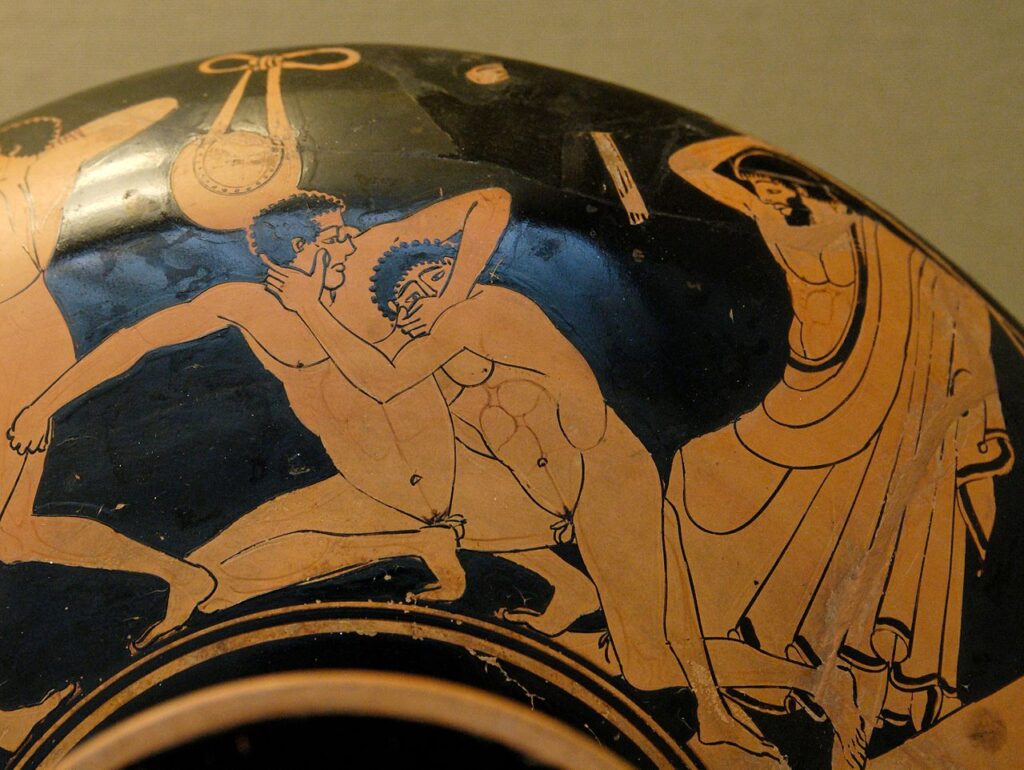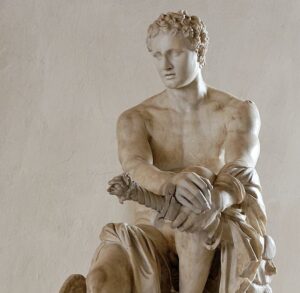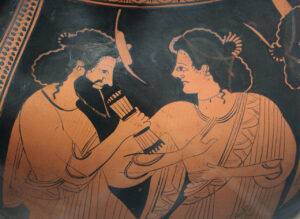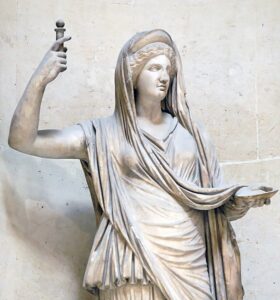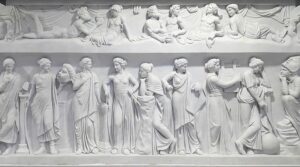The Olympic Games in ancient Greece were one of the oldest and most prestigious sporting events in the world. The Olympic Games were held in Olympia, a sanctuary in the western Peloponnese of Greece, to honor the Greek god Zeus. The games were held every four years and were a major part of Greek culture and society. In this article, we will explore the history and significance of the Olympic Games in Ancient Greece.
Origins of the Olympic Games in Ancient Greece
The exact origins of the Olympic Games in ancient Greece are unclear, but it is believed that they were first held in 776 BCE. According to legend, the games were founded by Heracles, who was the son of Zeus. The first Olympic Games were simply athletic competitions, but over time, they evolved to include musical and poetic competitions as well. The Olympic Games were held continuously until they were abolished in 393 CE by the Roman Emperor Theodosius I, who believed that they were a pagan festival.
Events of the Olympic Games in Ancient Greece
The Olympic Games were a series of sporting events that were held over the course of several days. The events included running, jumping, throwing, wrestling, and chariot racing. The most famous event of the games was the foot race, which was held in honor of Zeus and was considered the most prestigious event of the games. The other events of the games were also significant and were held to honor the gods and to showcase the physical prowess of the athletes.
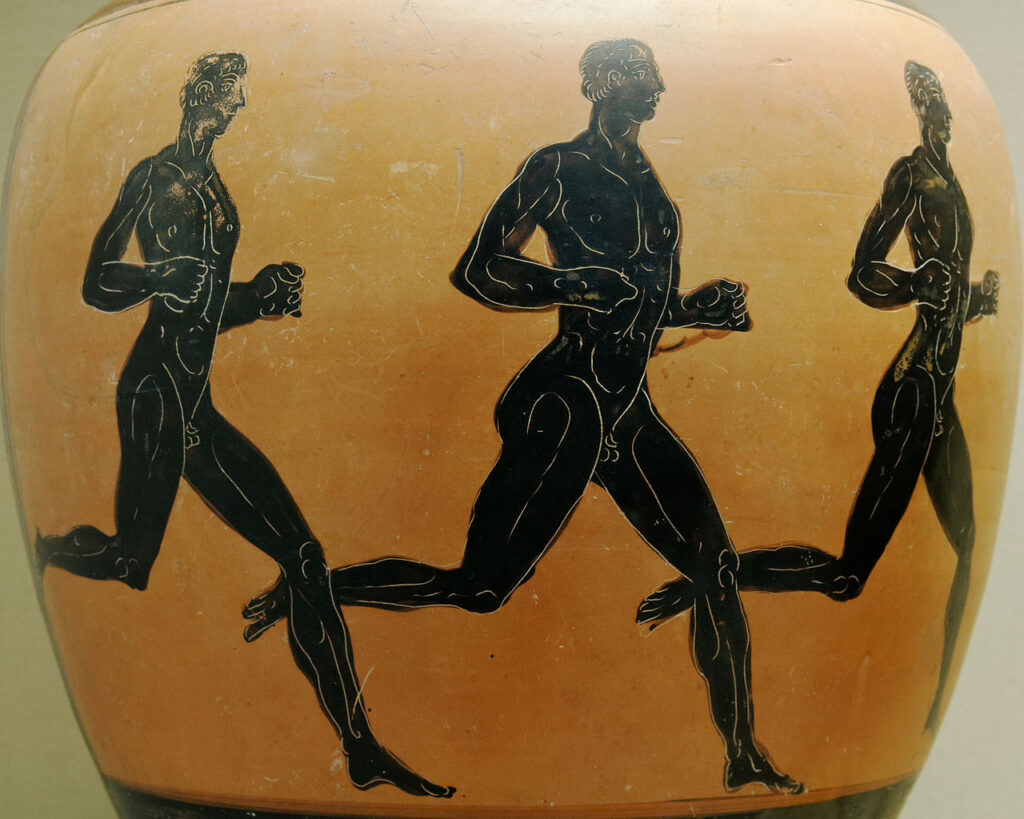
Significance of the Olympic Games in Ancient Greece
The Olympic Games were the most important and prestigious of the four Panhellenic (i.e., all-Greek) games, which also included the Pythian, Nemean, and Isthmian Games. The Olympic Games were open to all male citizens of Greece, regardless of their social status or wealth, and were considered a great honor to participate in.
The Olympic Games were not just a sporting event, but they were also a major part of Greek culture and society. The games were a symbol of unity and peace and were held to bring the Greek city-states together. The games were also a symbol of Greek superiority and were used to showcase the strength and skill of the Greek people. The games were also a religious festival and were held to honor the gods and to celebrate the powers of Zeus.
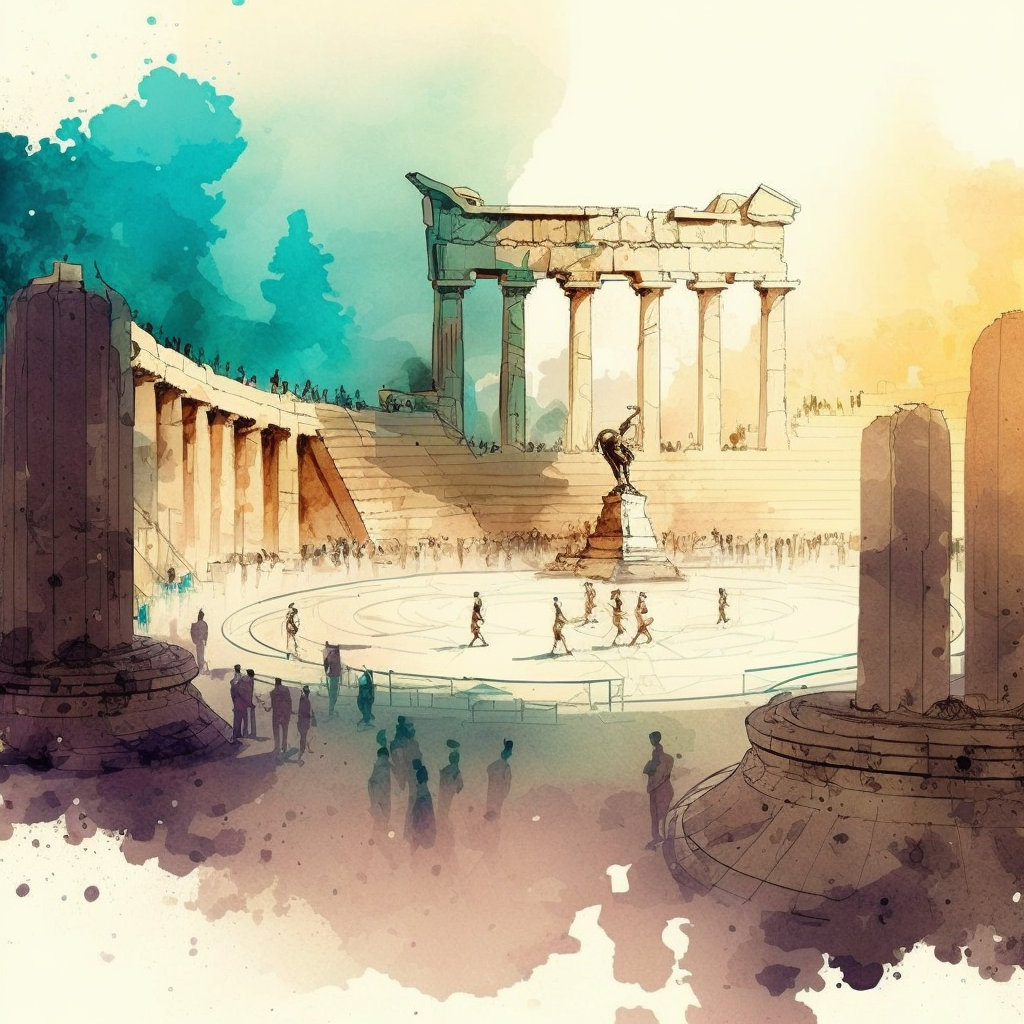
Legacy of the Olympic Games in Ancient Greece
The games were an important cultural and religious event in ancient Greece, and they had a lasting legacy. The Olympic spirit of competition, sportsmanship, and fair play has continued to be an important part of the modern Olympic Games, which were revived in the late 19th century. The modern Olympic Games continue to this day with both summer and winter competitions.

